
Hatae Kishi
Birthday: Born in 1927-02-16 in Simidzu, Shizuoka Prefecture, Empire of Japan [now Shizuoka, Shizuoka Prefecture, Japan]
Deathday: 2008-11-17
TV Credits
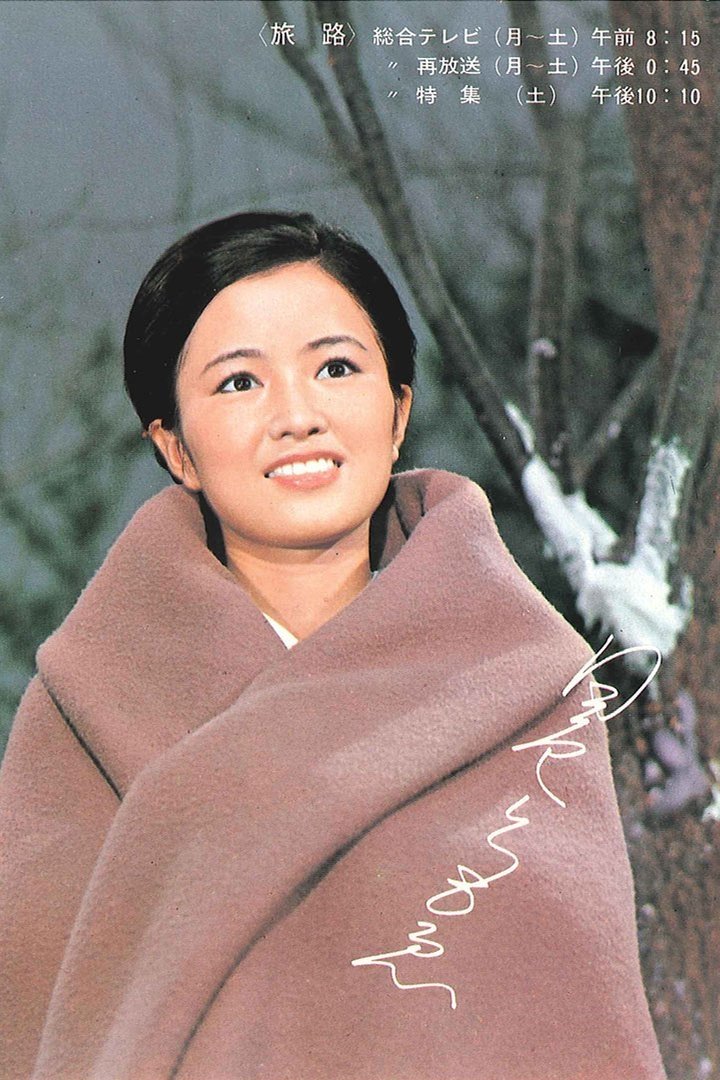
旅路
Character: 室伏しの
The 7th NHK Asadora. Starring Tadashi Yokouchi in a narrative about an employee of the national railroad living through 50 years of modern history with his wife....
Movie Credits
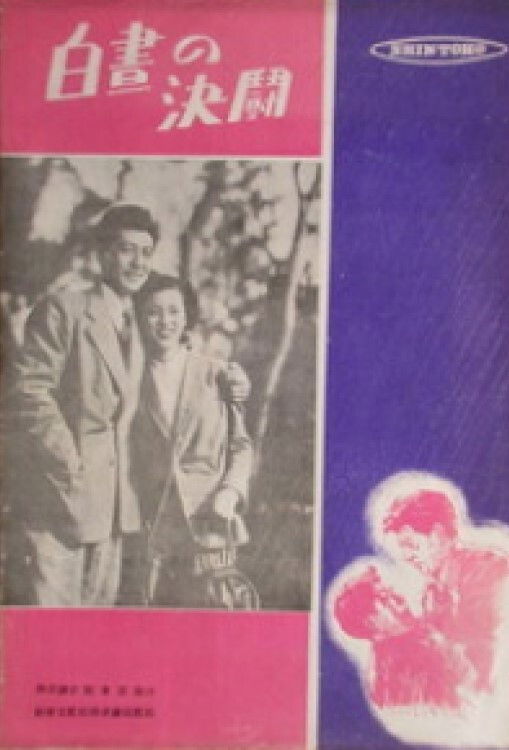
Duel in the Sun
Character: Toshiko Taki
A film by Kiyoshi Saeki...
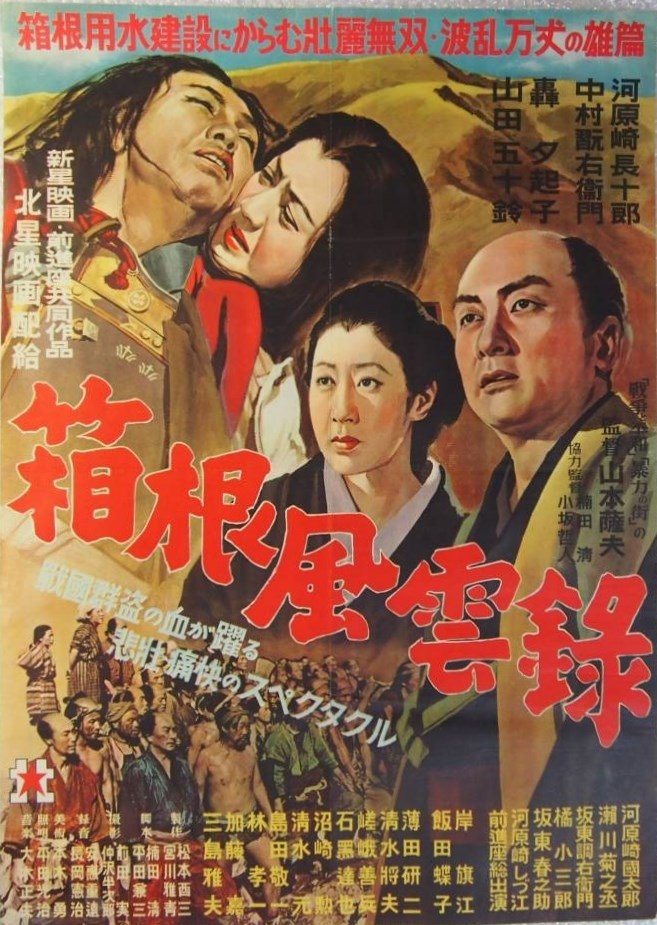
The Stand in Hakone
Character:
A period film about a peasant revolt in the region near Mount Fuji, occasioned by high officials' depriving the farmers of their water rights....
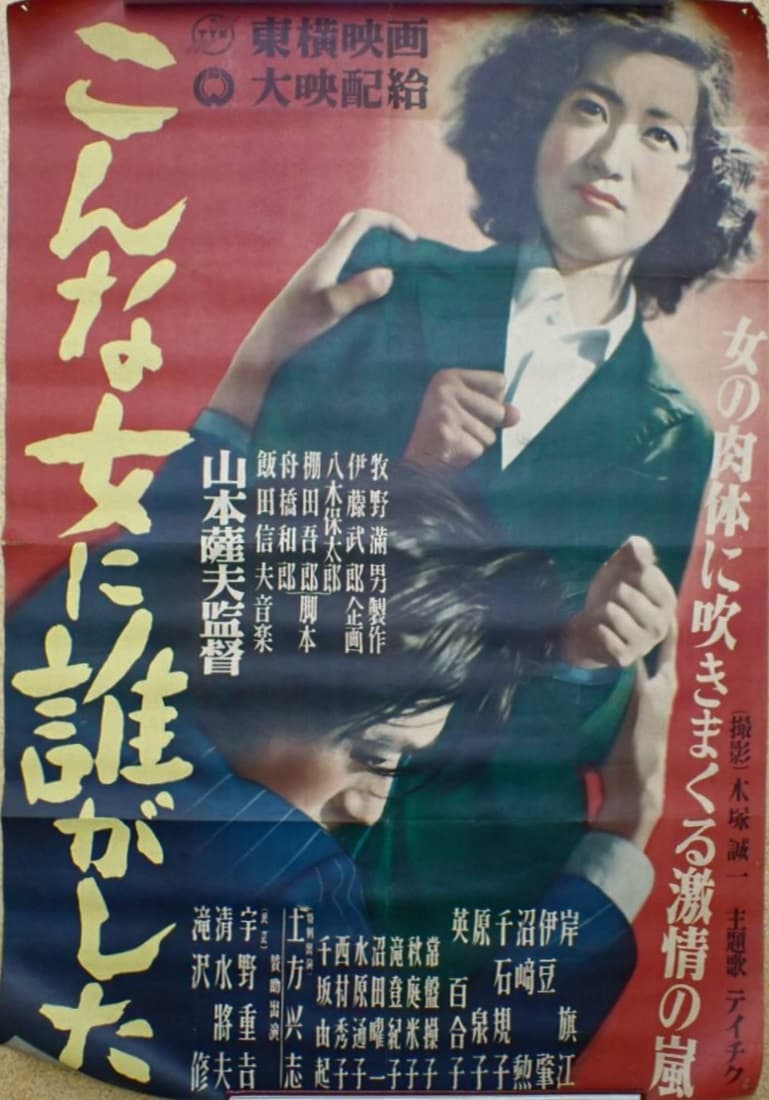
Konna onna ni dare ga shita
Character: Utako
...
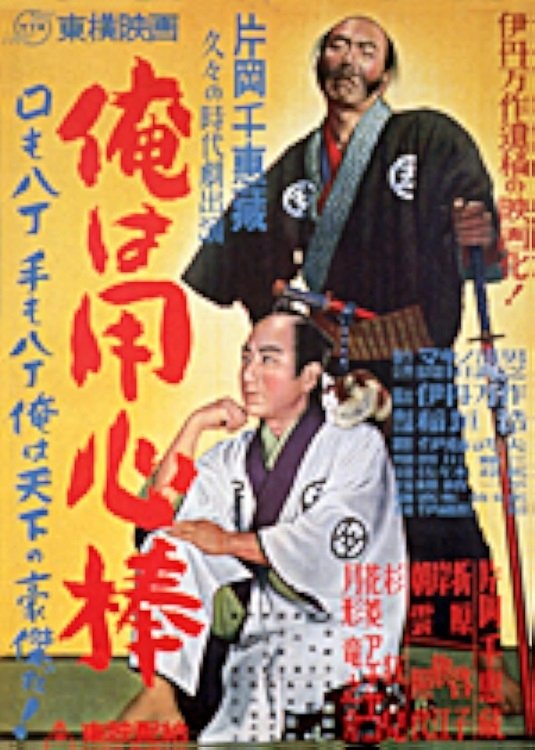
Ore wa yōjimbō
Character:
1950 Japanese movie...

The Class of the Sewage Canal
Character:
The struggle of a young man and boys who try to create the environment where they can speak their minds freely....
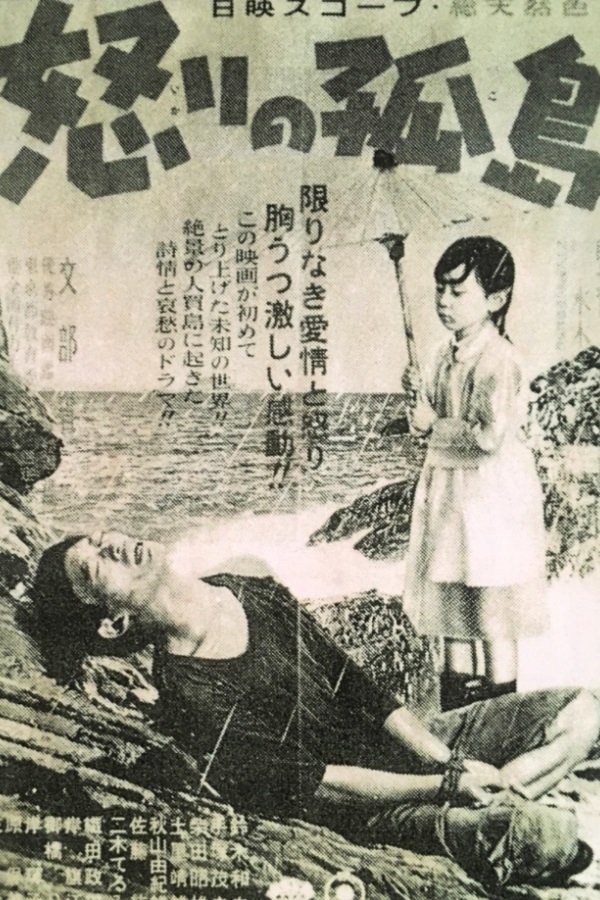
Island of Fury
Character:
Five boys escape from their life of bondage on an island 10 miles off Hiroshima, and are picked up in the Inland Sea, drifting in an open boat....
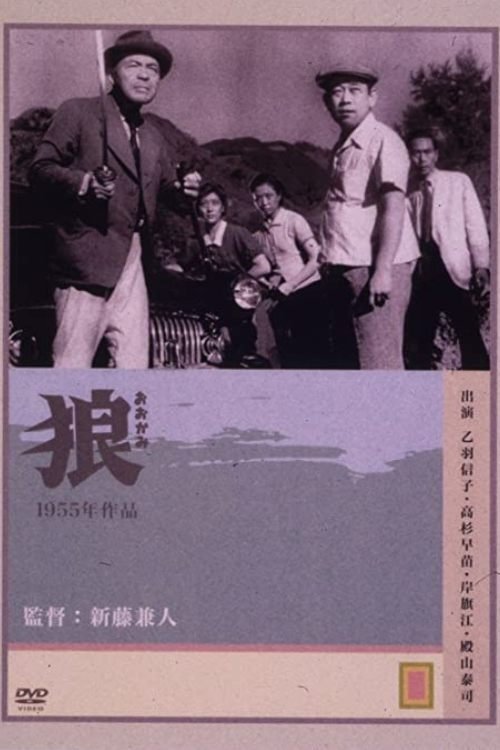
The Wolves
Character:
A group of five rookie insurance salespersons, driven to desperation by the impossibility of their work in Japan's failing postwar economy, form a plan to rob a cash delivery truck in order to provide for their families....
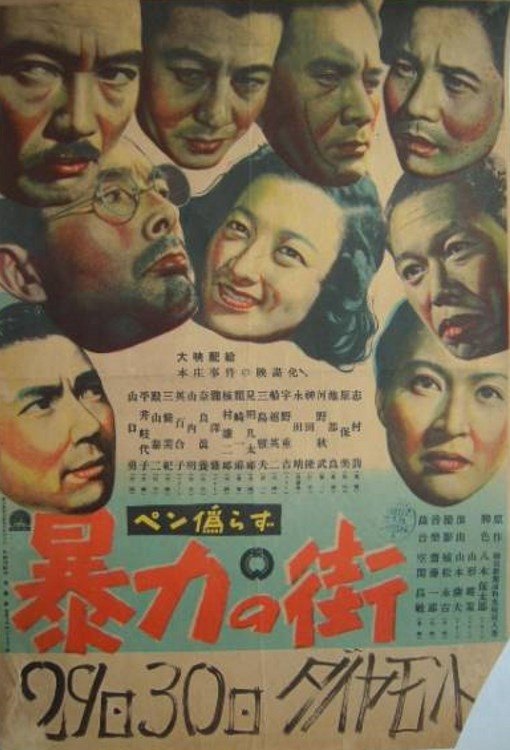
Street of Violence
Character: Harue Sato
An attempt is made to suppress a journalist's investigation of collusion between a rural police chief and the local gangster bosses....
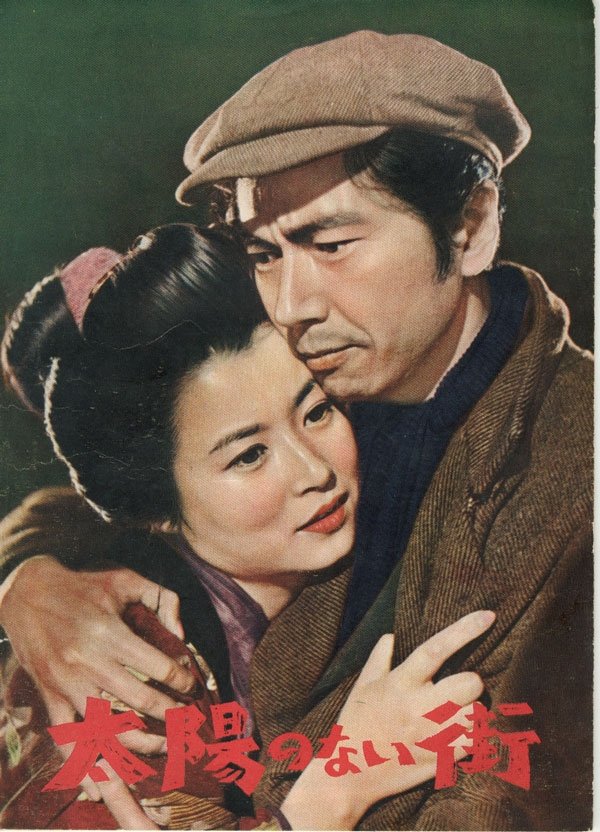
The Street Without Sun
Character: Okimi
Based on the novel by proletarian writer Sunao Tokunaga. The story is about a long strike by workers at a large printing house and the strikers' steadfastness, which neither hunger nor violence could break. The heroine of this story actively participates in her colleagues' struggle against layoffs, oppression, and police brutality....
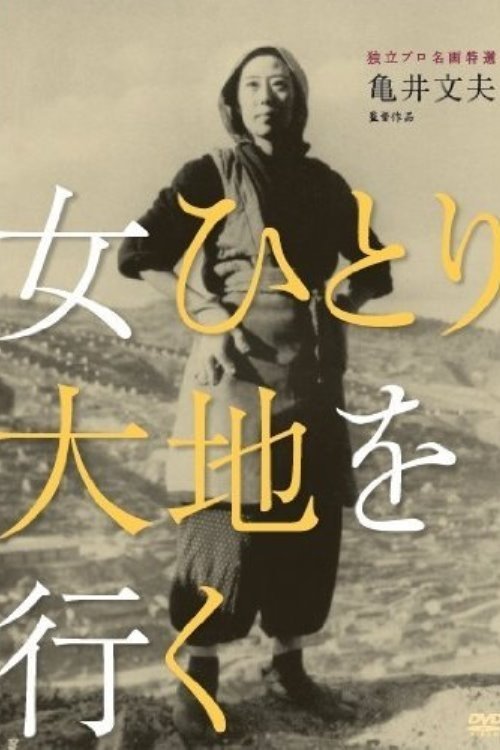
A Lonely Woman in a Lonely Land
Character: Takako Kawamura
Onna Hitori Daichi wo Yuku (A Lonely Woman in a Lonely Land, Kinuta Production, 1953) was the second feature film directed by Kamei Fumio, who is known as a master of documentary films, and followed his “Haha Nareba Onna Nareba(Become a Mother, Become a Woman)” (1952)....
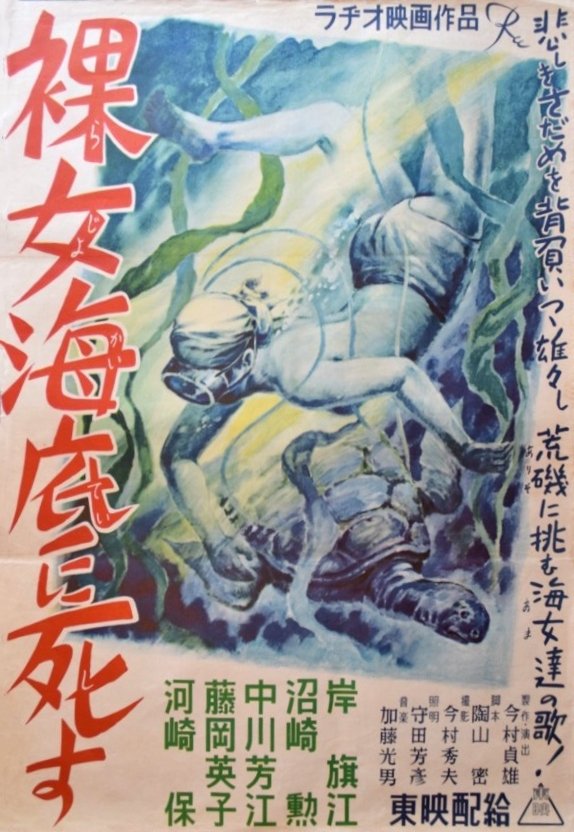
Undersea Girls
Character: Yone
A semidocumentary film about female pearl divers and fishermen....
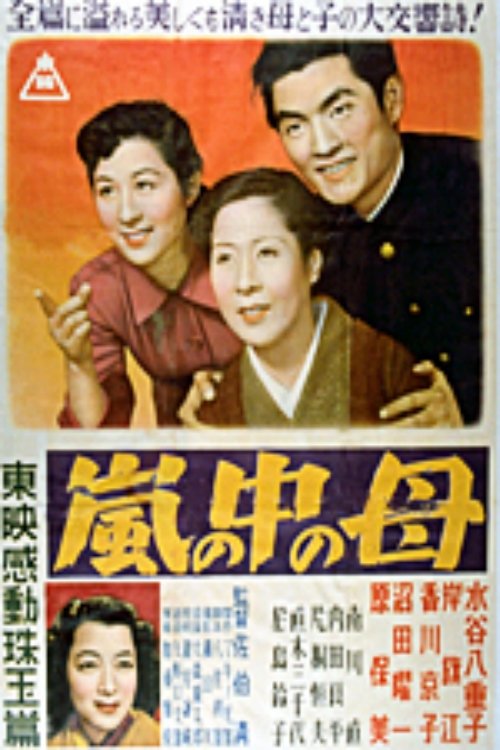
Man in the Storm
Character: Tsuneko Murasato
Returning from wartime China, Keiichi reunites with his mother Inako and adopted sister Tomi. He becomes drawn to Tomi’s beauty, and his mother appears supportive. But Keiichi soon meets Tsuneko, a former wartime nurse who has borne his child. Faced with a summons to stand trial for wartime atrocities, he entrusts Tomi and his son to Inako, then voluntarily turns himself in—believing he must answer not just to Japan, but to the world’s conscience....
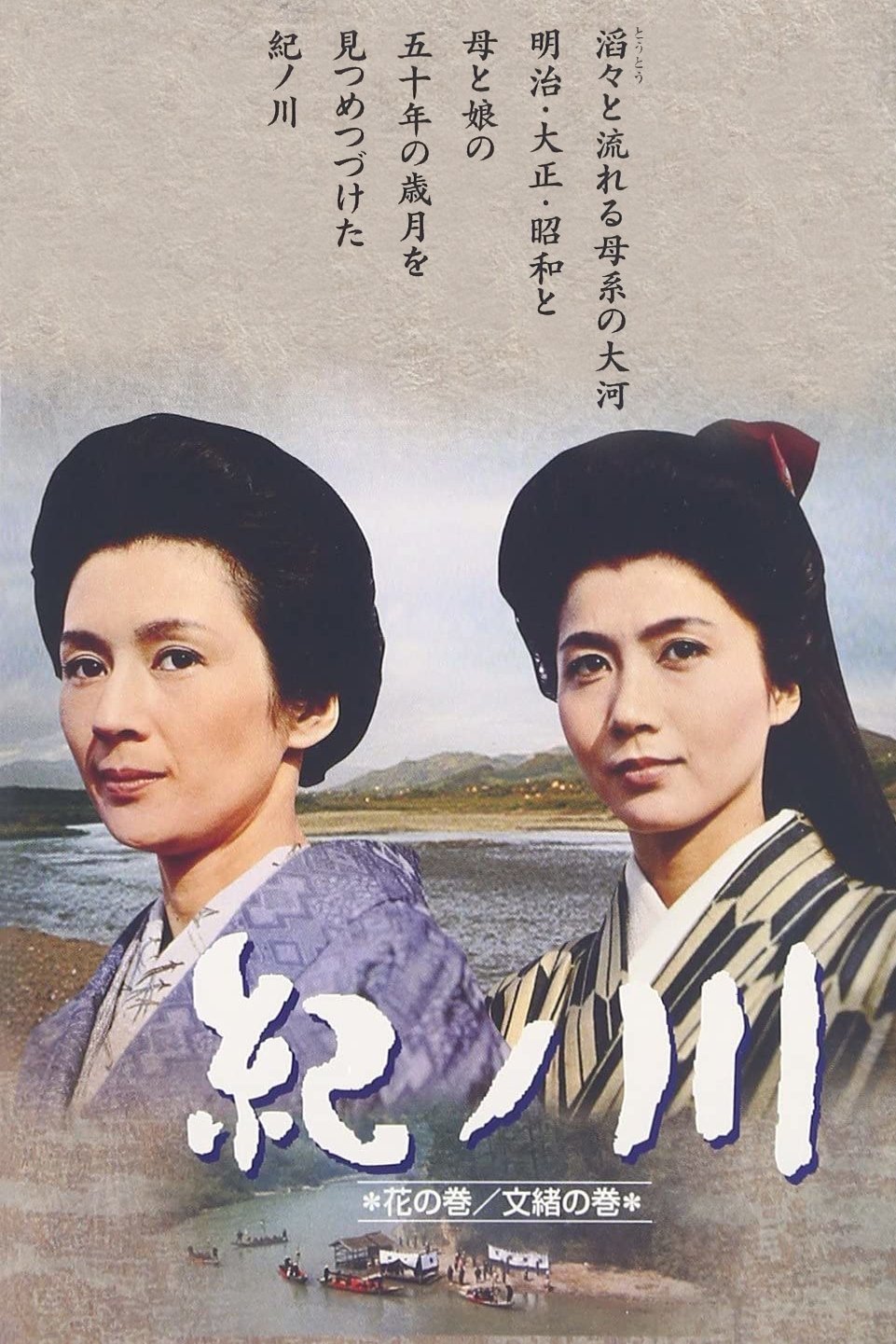
The Kii River
Character: Toku
Epic saga of an idealistic land-owning family dealing with militarism, war, social change and economic reform....
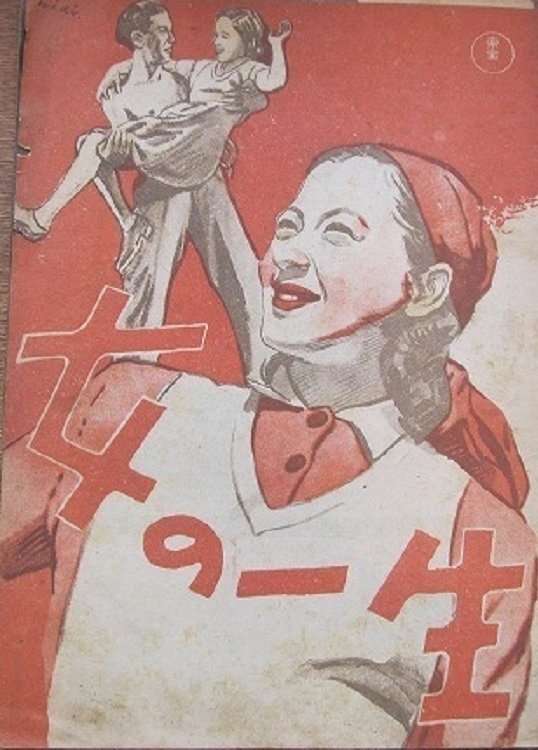
A Woman's Life
Character:
...
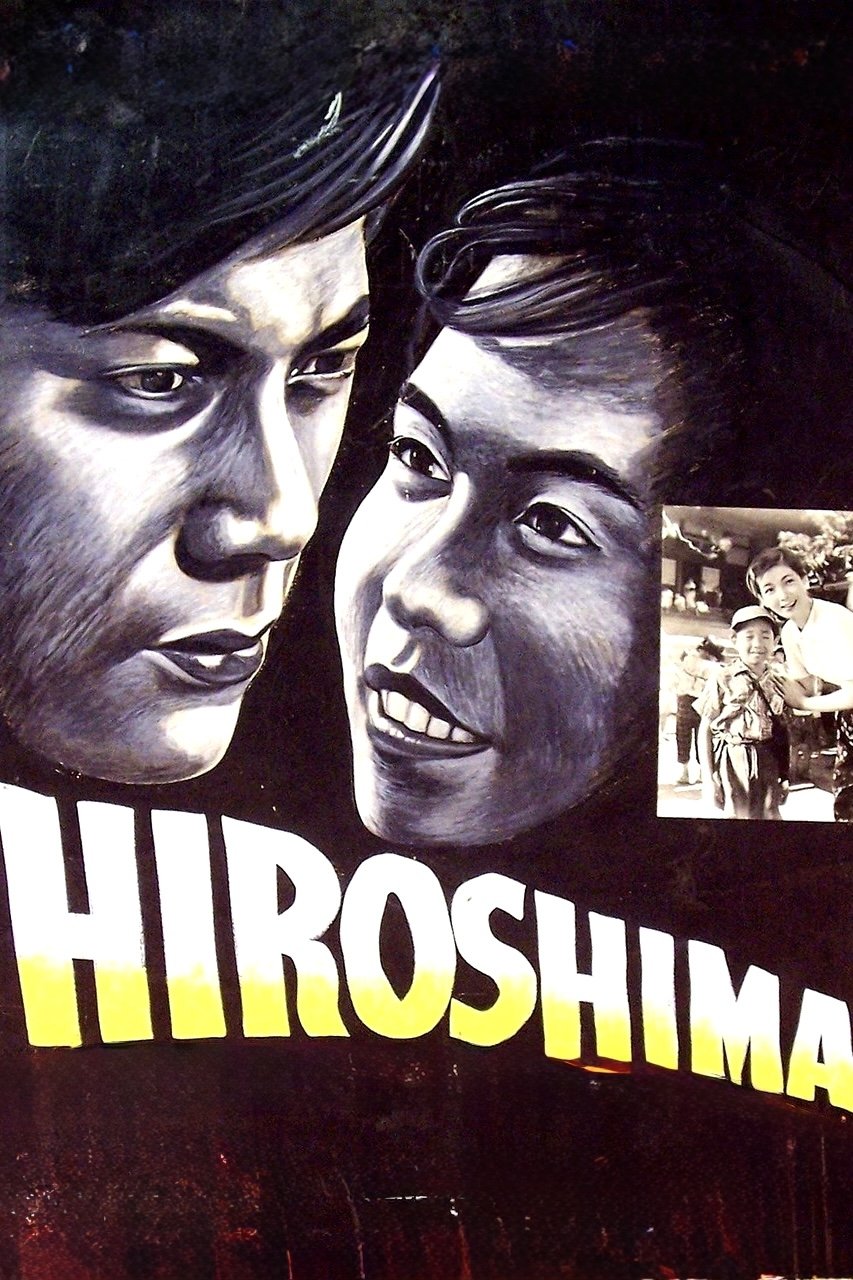
Hiroshima
Character:
Historical fiction about the aftermath of the atomic bombing of Hiroshima, Japan, on 6 August 1945, and its effects on various civilians, especially children, of that city....
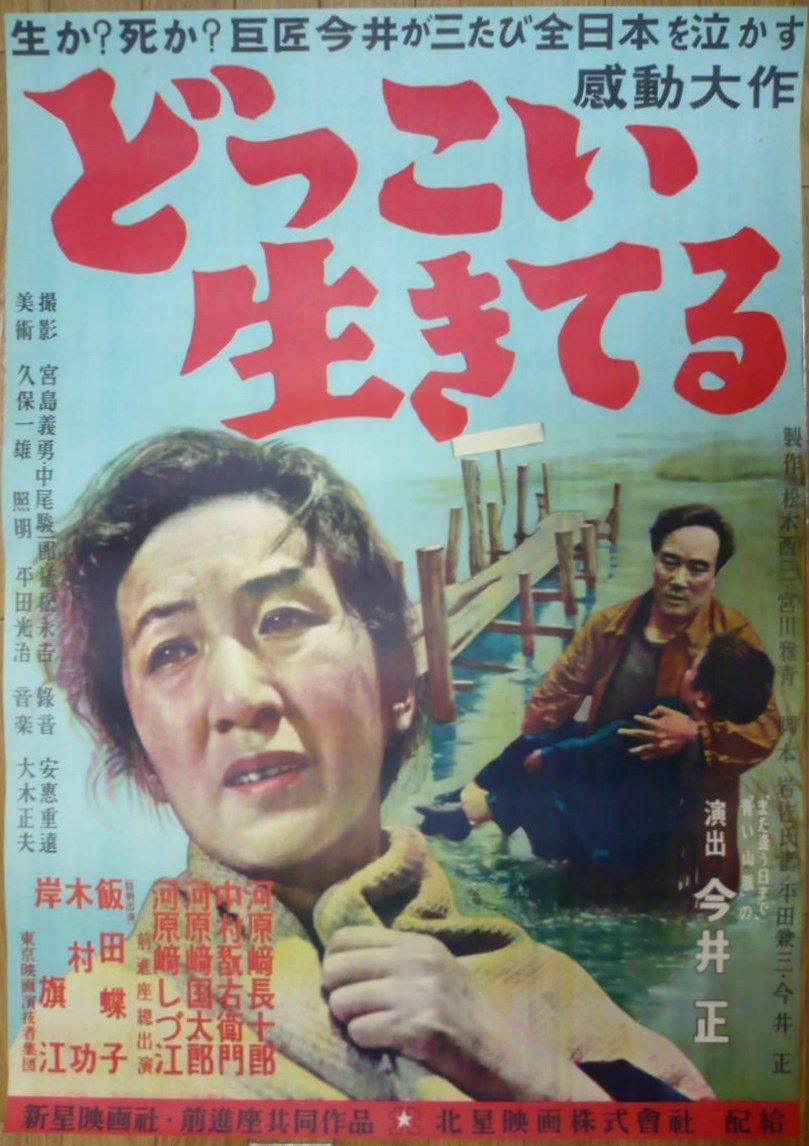
Still I Live On
Character: Mizuno's wife
About the struggles of day labourers to achieve dignity and a standard of living above the starvation level. Utilising the Zenshinza theatrical troupe....
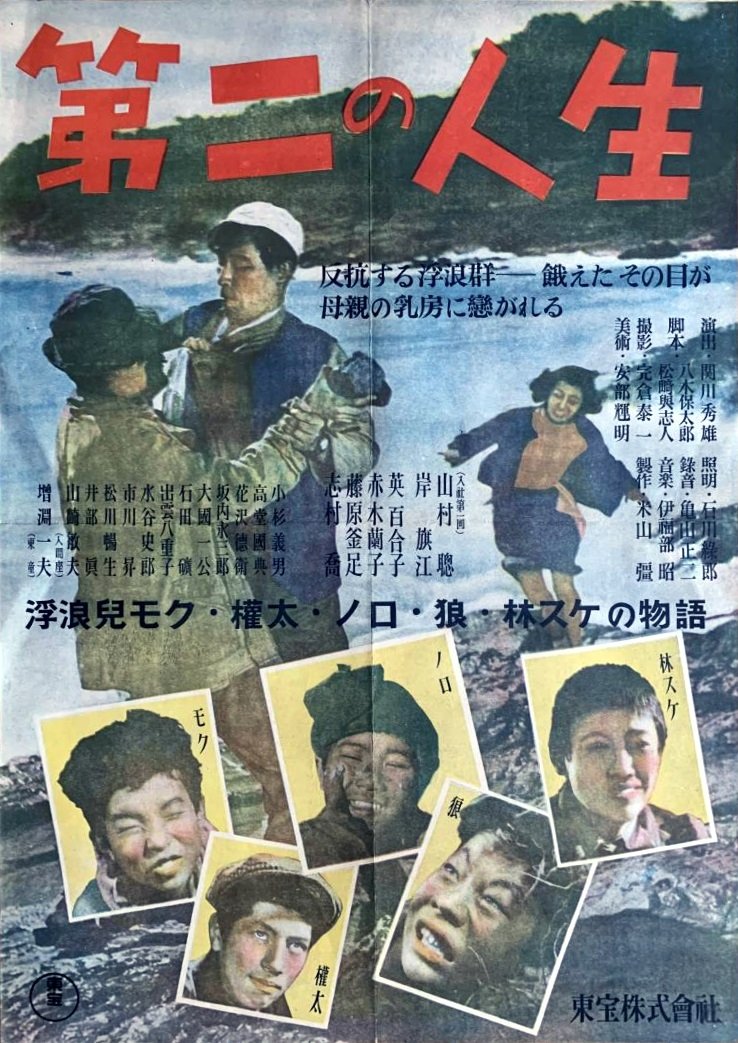
A Second Life
Character:
1948 Japanese drama film....
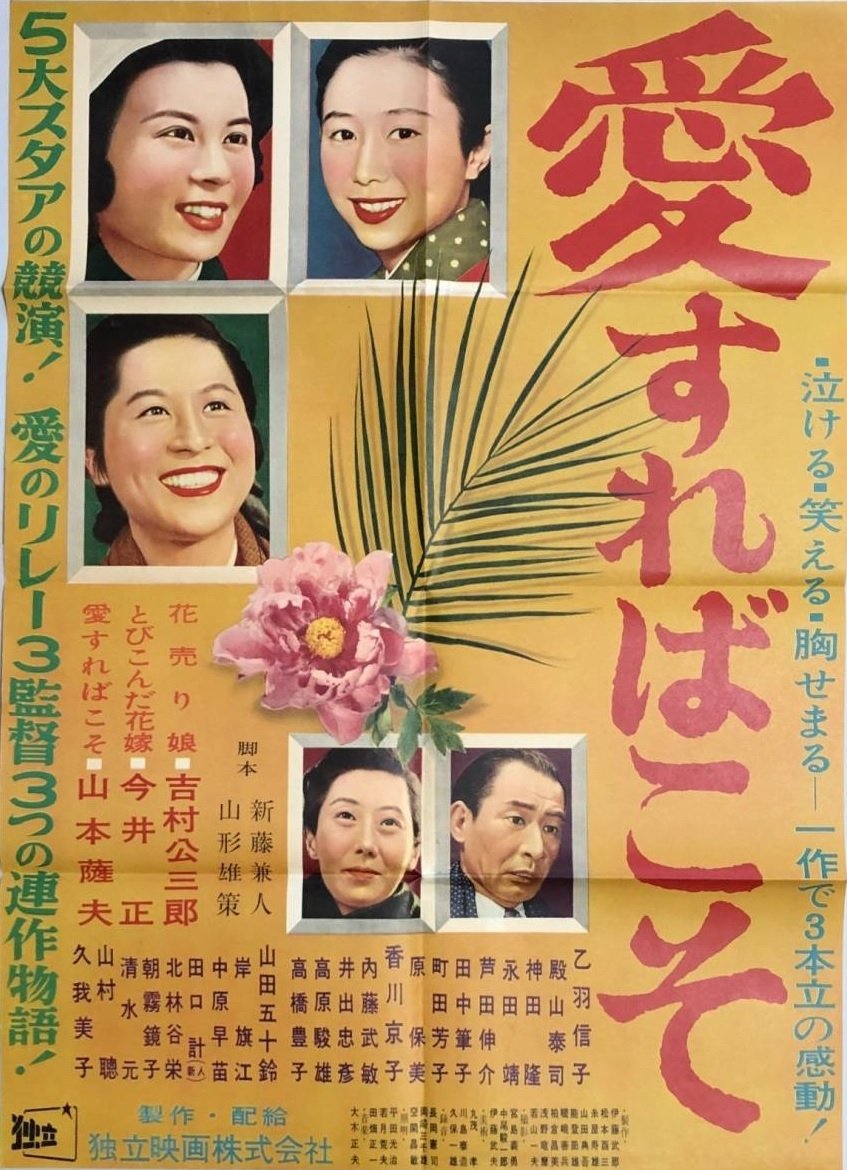
Ai Sureba Koso
Character: Toshiko (segment 3)
The film consists of three short stories. Tomiko, the heroine of the first story, "The Flower Girl" (dir. Kozaburo Yoshimura), is a little girl who bears the unbearable burden of caring for her family. Tomiko's father has been unable to find work for a long time, and her older sister is terminally ill—it is unlikely that she will ever recover. To feed her family, Tomiko runs around the city from morning until late at night selling flowers... The second novella (dir. Tadashi Imai) also depicts th...
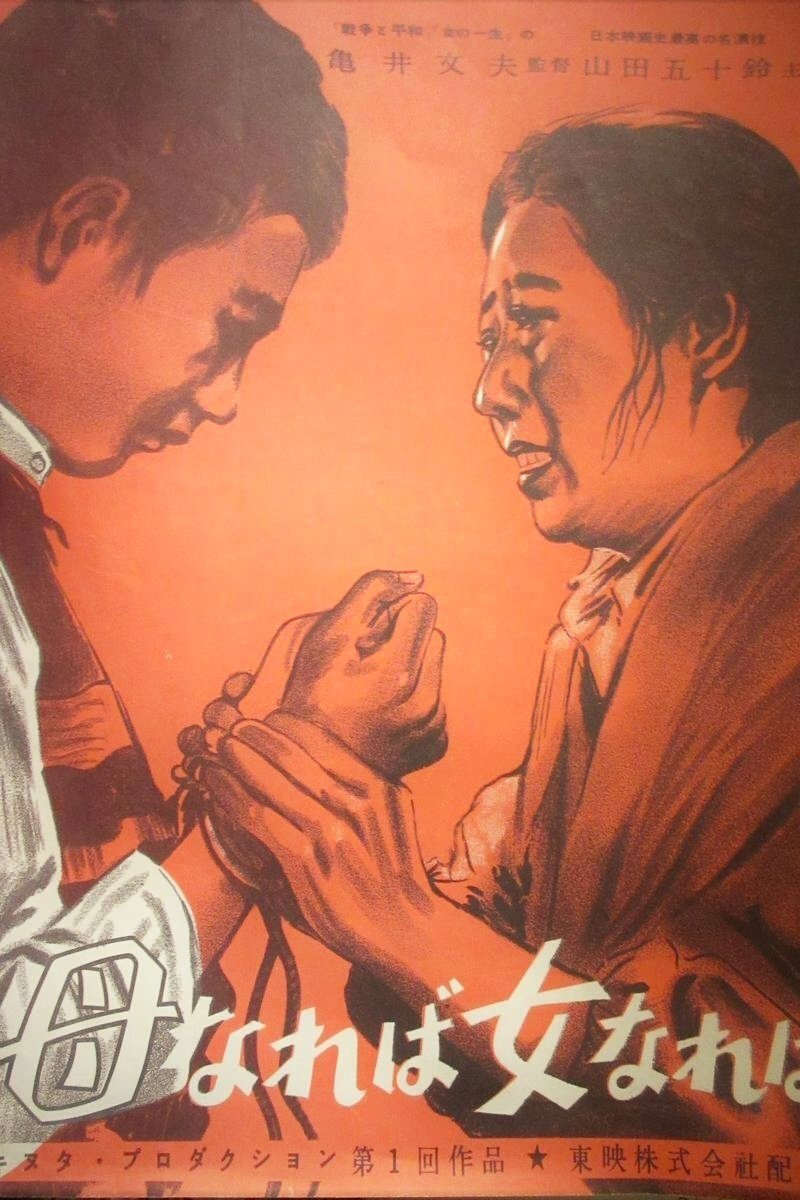
Become a Mother, Become a Woman
Character: Sachiko Takase
...
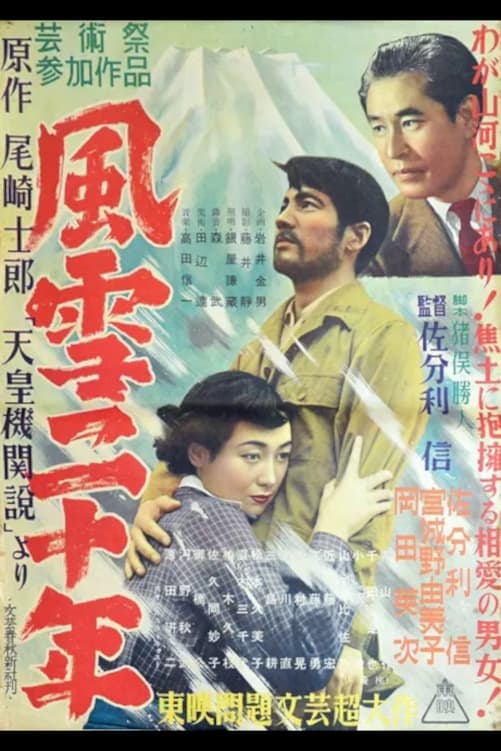
The Stormy Era of Twenty Years
Character:
The Stormy Era of Twenty Years...
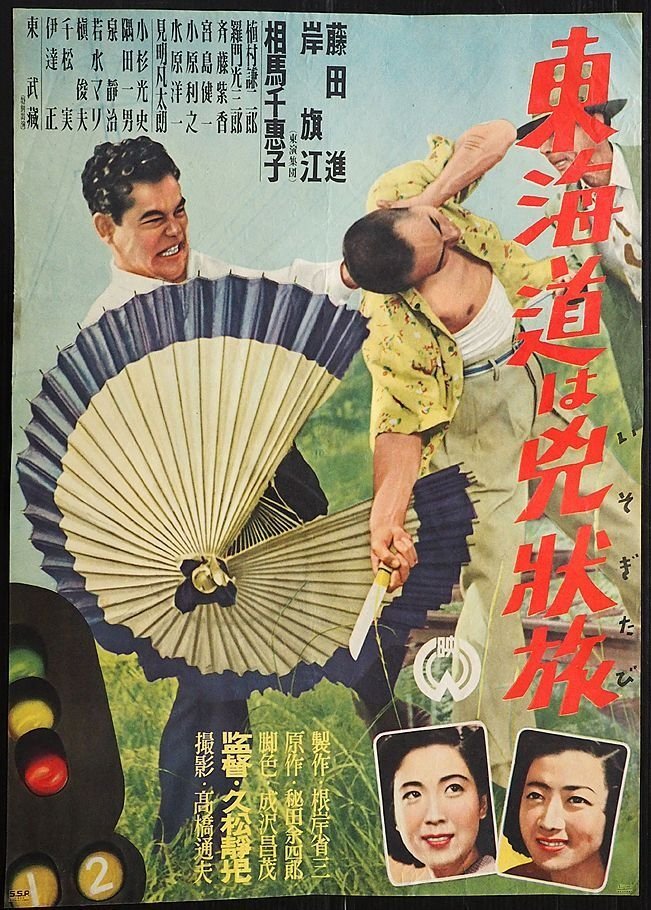
Tōkaidō wa kyōjō tabi
Character:
Adaptation of the original story by Hida Yoshiro, whose depiction of the world of the yakuza is unparalleled. Gisuke, a weather-beaten yakuza with nostalgia and memories of love in his heart....
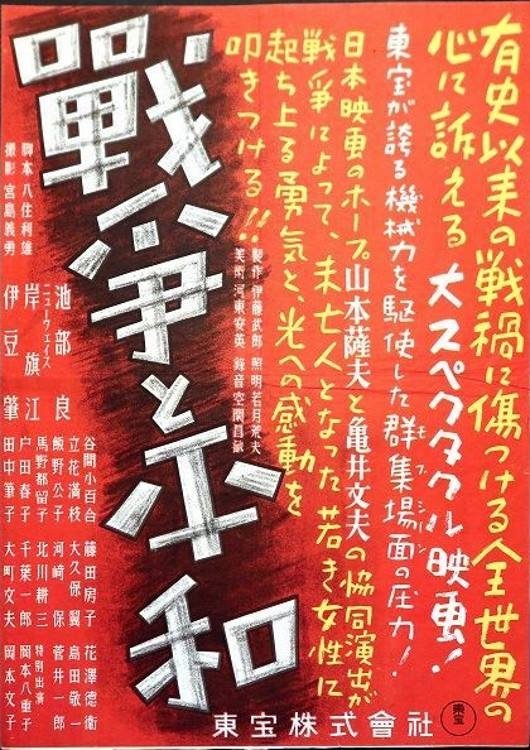
War and Peace
Character:
A woman remarries after receiving official notification that her husband has died, but he returns....
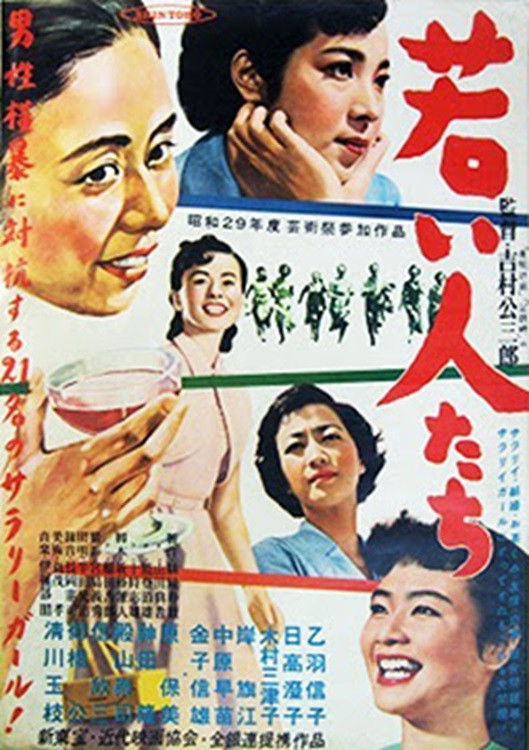
Wakai hito-tachi
Character:
...